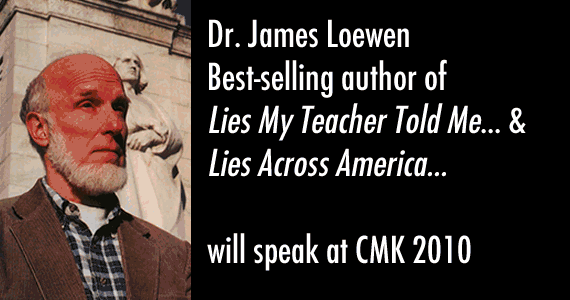So it’s that time of year – time to look back and reflect on the past, and hopefully gain some insight for the future! Here’s my “top ten” post list for 2009. It’s a completely non-scientific combination of Post-rank and Google Analytics. I wanted to focus on the meaty posts, so I also removed the posts about “free stuff” and contests that always get good traffic.
- Circle of Life: the technology-using educator edition – I think this particular post struck a nerve, which is a nice place for a blog to strike. Reaching an audience is about heart as much as head.
- Students are not the enemy and
- Students are not the enemy part 2 – these two posts started a bit of a tempest in a teapot about a NYSCATE vendor session with a horrible title. It that implied that students were an enemy to be fought in a battle of school network supremacy. It ended up that the vendor changed the title of the session and a whitepaper of the same name. A small victory in the effort to treat students as allies in schools, not adversaries.
- Educational Technology Doesn’t Work? – Doing things that don’t work DOESN’T WORK. How much simpler can this be? The headlines about this research SHOULD read, “Bad Educational Practice Proved Ineffective, Again!”
- Constructivism in practice – making lectures work – this is a post that tackles making educational theory work in real classrooms. People often think that constructivist teaching “doesn’t allow” lectures, but this is not true.
- The Gift – What a gift that society actually thinks that children are competent at technology. How can advocates for educational technology leverage this societal belief to advance the cause?
- Dr. Gerald Bracey can rest in peace – the rest of us need to get busy – Dr. Bracey bridged an important gap for those of us who question research but can’t do the analysis. His courage was an inspiration and he will be sorely missed in this era of “accountability” that really means, “do it my way.”
- What Works: Effective Technology Professional Development – four research-based indicators of effective technology professional development.
- ‘Teach Naked’ and complacency natives – this post addresses issues of both teaching and learning, how sloppy our language is about educational technology, and our sometimes conflicting expectations for students.
- Only the Developed World Lacks Women in Computing – why are there more women in computing in countries that have seemingly repressive social policies for women? Do we really know what keeps women and girls from taking STEM courses?
These posts do a nice job reflecting the common themes that I return to often: student empowerment and voice, gender issues in computing and technology, research about learning and educational technology, identifying good teaching practices using technology, and pointing out that all educational technologies are not created equal.
Google analytics shows that this blog enjoyed a 42% increase in both visits and pageviews. Both the average visits per day increased, and the most popular posts spiked much higher than last year. However, incoming links were down – most likely due to the rise of Twitter as the way people “talk” about interesting posts.
Of course, the traffic to this blog is still small in the grand scheme of things. It still surprises me when people say they read this blog. I’m deeply grateful for your attention and conversation, it enriches me and the work I do with schools.
Perhaps my biggest reflection for 2009 is the fact that the number one visited post is the Circle of Life post. It’s probably the most “touchy-feely” post I’ve ever done. It sat in my draft folder for a long time, while I wondered if I really wanted to share it. I’m glad I did. And in fact, one comment gave me chills. Could I have really written something that touched such an emotional nerve?
Ok..I’m going to get all sappy on you about this, but it honestly choked me up to see my professional life captured so succinctly here. I took a job as an instructional technology coach, and have been wondering lately if I made the biggest mistake of my life…The “circle of life” and two snow days in a row might just get me back on my feet! THANK YOU! (by Lynn)
Perhaps that’s the lesson of 2009 – heart trumps head. Off to find photos of cute puppies!


